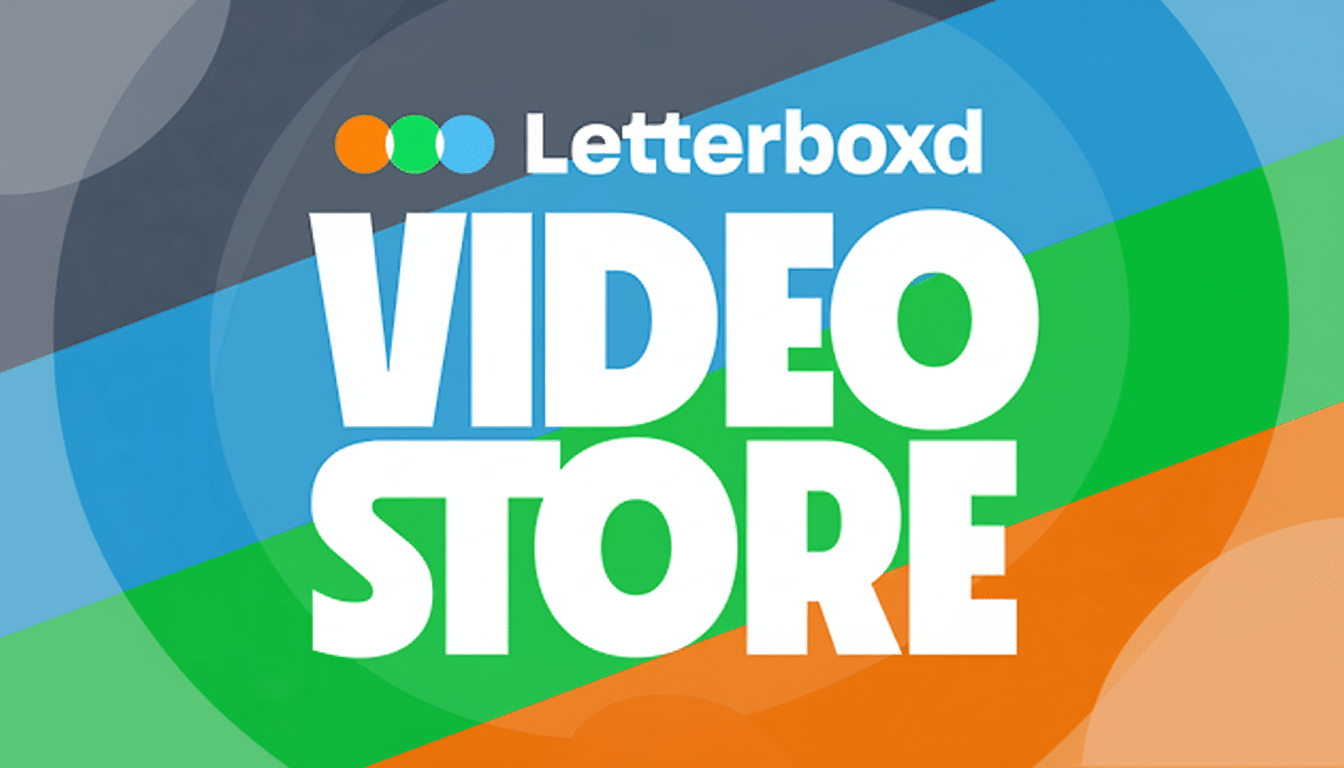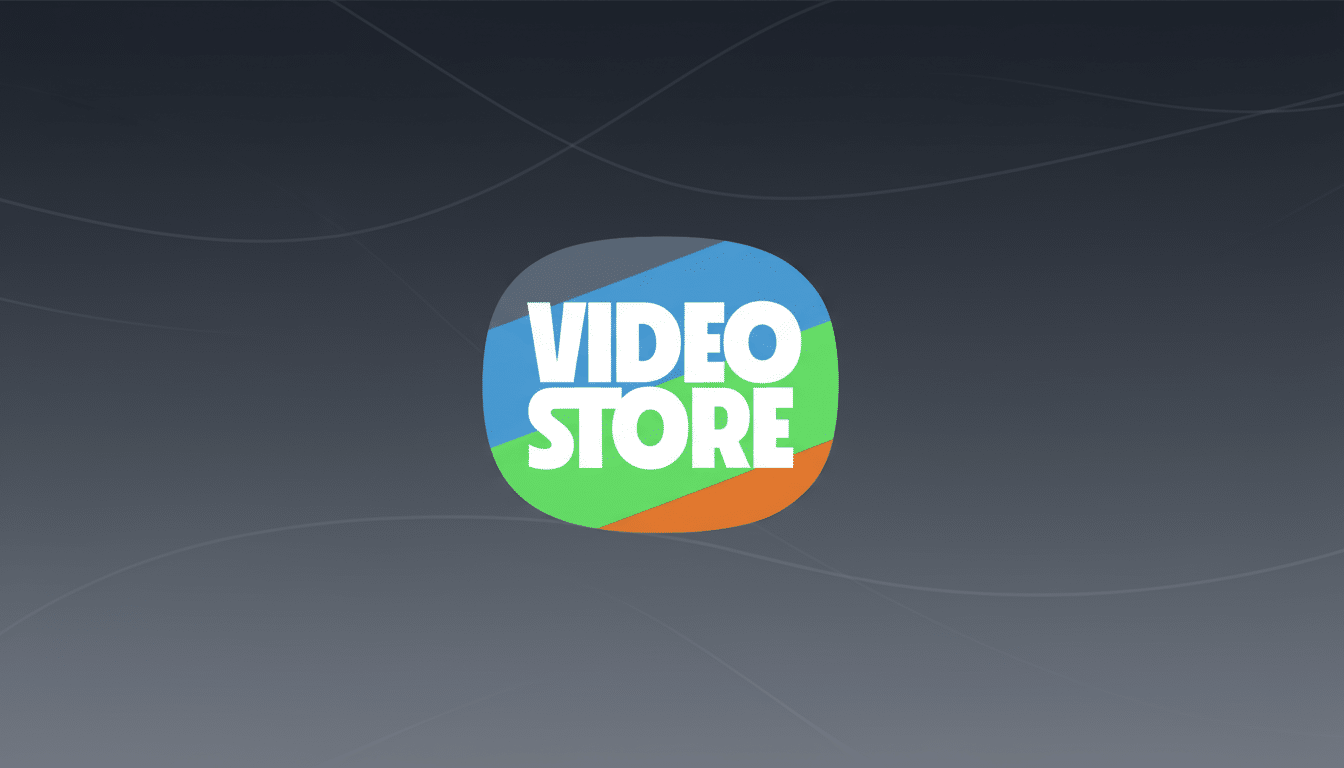Letterboxd is introducing movie rentals directly into its film discovery app in December, transforming a beloved social hub for cinephiles from which you can log and review films into a place where you can also watch them anytime you feel so inclined.
Called Video Store, the new storefront will prioritize films that a community actively wants, using watchlists and activity to surface festival standouts, hard-to-find titles, recent restorations and special limited-time releases. It’s a decision that keeps the emotional spark of discovery — the review, the list, the recommendation — tied to watching.

Rentals, unlike many other traditional streaming bundles, will not carry a subscription requirement. Availability and pricing will vary by market, and there are no late fees. The feature will arrive in the fall on iOS and Android, as well as Apple TV, Android TV, Chromecast and AirPlay to start, with swift plans to add more smart TV platforms.
What Letterboxd rentals will feature and how curation works
Letterboxd says that the choice will mirror what its members are already searching for, saving and talking about. More visibility to buzzy festival films that frequently accrue watchlists months before wide release, as well as newly restored classics and out-of-print gems offered within user lists but are otherwise unavailable to stream.
Consider the way recent festival breakouts have gotten early traction on the platform: titles like Aftersun or Past Lives snowballed through lists and reviews miles before casual eyes could even legally watch them.
Video Store wants to fill the gap that exists in between, not with some arbitrary library of films, but with curation based on signals from its own community.
Why This Matters for Discovering Films Today
Exploration is the most difficult part of modern viewing.
The Motion Picture Association’s annual home entertainment reporting has consistently demonstrated how, even as subscription streaming reigns supreme, digital rentals and purchases are a multibillion-dollar outlet. Combine that demand with Letterboxd’s social proof — lists, reviews and friend activity — and you’ve got a potentially effective conversion funnel from “I’ve heard of this” to “I’m renting it now.”
Media behavior research from companies including Deloitte has also illustrated how recommendations from communities and creators have a powerful impact on what younger audiences watch. Letterboxd is betting that a rental button within an intensely engaged film community can drive conversions at the time of peak intent, rather than funneling users elsewhere to search for movies.

Pricing windows and licensing details for Letterboxd rentals
Letterboxd has not yet revealed its cost or its first studio partners. There will likely be the standard spread determined by release windows and territory rights. In the industry, premium rentals for new releases frequently run in a premium video-on-demand window before reverting to prices more typical of on-demand movies; availability can also change by region and studio practice. Leading distributors have dabbled in shorter windows from theater-to-digital in recent years, something which could help Video Store surface timely titles before customers lose interest.
The mention of “festival standouts” and “limited-time releases” hints at bespoke licensing with indie distributors and sales agents. That could be a differentiator: securing legally obtainable access to movies that cinephiles are already following, as opposed to chasing title-for-title against mass-market storefronts.
Competitive landscape and strategy for Letterboxd Video Store
Letterboxd will join a competitive transactional market that includes Apple TV, Amazon, YouTube and Vudu as well as newer entrants like Plex’s rental store. The edge here is intent and context — rentals woven into a platform of long-form reviews, diary entries, curator-led lists. In other words, the store is not trying to be the biggest; it is trying to be the most relevant for people who care deeply about cinema.
Since a majority stake was sold to the Canadian outfit Tiny for around $50 million, Letterboxd has already shipped new features that improve discovery (Featured Lists by genre, studio and themes) and search (for acronyms and misspellings).
It’s a natural progression to have a built-in video store — directing users to watch the last mile of content within the experience instead of kicking them over to some other app.
What to expect at launch for Letterboxd’s Video Store rollout
Details on the launching slate are being kept under wraps, but the company’s focus on curation suggests a mix of fresh restorations, long-watchlisted catalog titles and recent festival triumphs.
They expect the selection there to change often, focused more on such limited windows of time and community favorites rather than being a static library.
If Letterboxd can transform its culture of discovery into a frictionless path to viewing — across phones, TVs and living-room devices — it could make the moment of recommendation an instigator of rental. For a platform built on conversation, making the film itself one tap closer feels like an organic, maybe even potent, next act.

